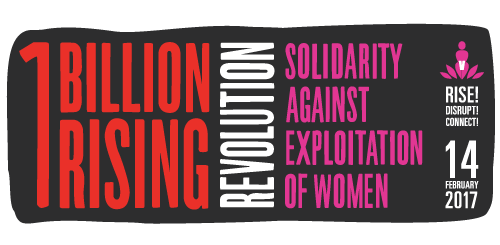In memory of our dear friend Walter
 Walter Cason was the most humble person you would ever have the chance to meet. He loved his family, adored his grandchildren, and was a voracious reader. Never would you know that our friend Walter was a theologian, missionary, source of inspiration for Desmond Tutu, and technology guru.
Walter Cason was the most humble person you would ever have the chance to meet. He loved his family, adored his grandchildren, and was a voracious reader. Never would you know that our friend Walter was a theologian, missionary, source of inspiration for Desmond Tutu, and technology guru.
Dr. John Walter Cason passed away peacefully on November 3, 2014, at Carolina Meadows. A memorial service and celebration of Dr. Cason’s life was attended by family and friends at the Church of Reconciliation on December 6, 2014.
Walter Cason grew up in East Texas and was ordained in the Methodist Church. He obtained a Master of Divinity Degree from Southern Methodist University in Dallas. Walter was a Methodist missionary helping to reestablish Cuttington College near Gbanga, Liberia. He earned his Ph.D. from Union Theological Seminary while serving as a missionary and nourished his life-long passion for education and exploring new fields of study.
Walter later became a member of the Evangelical Theological Seminary faculty in Naperville, Illinois, which later became the Garrett-Evangelical Theological Seminary in 1974. He was remembered as an explorer of the new politics of liberation theology and the transformative role of church teachings.
After more than a decade in Liberia, Walter joined the staff of the Theological Education Fund of the World Council of Churches, working out of New York City and London to support theological education in Africa. His work led him to travel throughout the African continent supporting seminaries and churches working for social justice.
With his wife, Mary Smithies Cason of Bradford, England, he spent a sabbatical year in Zimbabwe on a research project. He later returned to teach for a semester at the University of Zimbabwe.
Walter and Mary retired to Chapel Hill in 1994 and immediately entered a new life of volunteer service working with the Orange County Rape Crisis Center. Walter served as Treasurer on the Board of Directors and later as a member of the Finance Committee. He also volunteered at Eyes, Ears, Nose and Paws, a local organization that trains and places service dogs.
Both Walter and Mary have been longtime supporters of the Church of Reconciliation. For several years, Walter served on the church’s Finance Committee and also as chair for the Social Justice Committee.
We will remember Walter for his wonderful smile, wise cracks, and commitment to helping others. Our thoughts are with Mary, his children, extended family, and friends.
 One in three women worldwide will be beaten or raped in her lifetime. Around seven billion people live on this planet, so that’s about one billion women and girls.
One in three women worldwide will be beaten or raped in her lifetime. Around seven billion people live on this planet, so that’s about one billion women and girls.

 In honor of
In honor of  Walter Cason was the most humble person you would ever have the chance to meet. He loved his family, adored his grandchildren, and was a voracious reader. Never would you know that our friend Walter was a theologian, missionary, source of inspiration for Desmond Tutu, and technology guru.
Walter Cason was the most humble person you would ever have the chance to meet. He loved his family, adored his grandchildren, and was a voracious reader. Never would you know that our friend Walter was a theologian, missionary, source of inspiration for Desmond Tutu, and technology guru.
 We are very excited for our upcoming
We are very excited for our upcoming 
